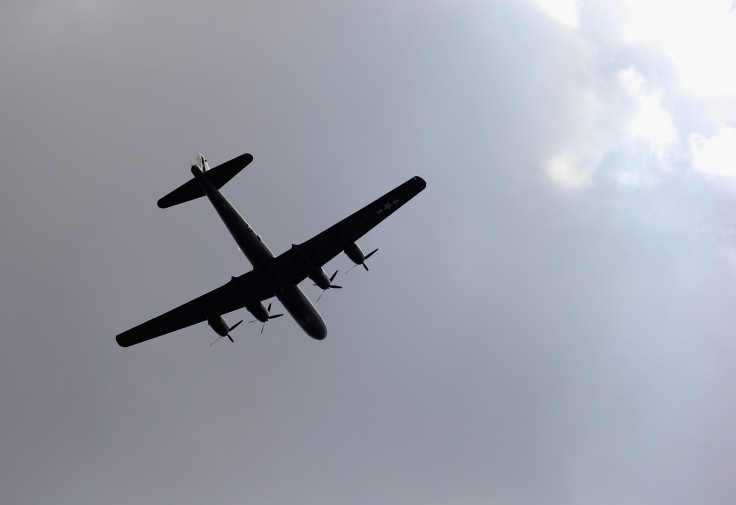Japanese university breaks silence over live experiments on US POWs during WWII

A Japanese university has broken its 70 year silence on the vivisection of US prisoners of war by its medical students and staff in the Second World War.
In an exhibition in a new museum on its campus, Kyushu University, in Fukuoka, decided to broach the crimes for the first time after a vote by university professors, reports the Kyodo News.
The exhibition focuses on achievements of the university's famed medical school, however one small section addresses a far darker chapter.
In May 1945, a US B-29 Superfortress bomber was brought down after completing a bombing raid in Fukuoka.
Of the 12 crew who bailed, one was killed after his parachute malfunctioned and two were stabbed to death by locals after landing. Nine survived, and were taken into custody.
The group's commanding officer, Capt. Marvin Watkins, was taken to Tokyo for interrogation, while the remaining members of the crew were handed over to a military physician, and transported to Kyoto Imperial University's College of Medicine, the precursor of today's institution.
There, it is claimed that they were subjected to a series of brutal medical experiments.
Some were said to have been injected with seawater, in an experiment to establish if it could be used as a substitute for sterile saline solution. Other had parts of their liver removed, to see if they could survive, and some had parts of their brains surgically removed, as an experiment on its effects on epilepsy.
All died, and their remains were preserved in formaldehyde until the end of the war, when in an attempt to cover up their crimes, university medics destroyed them.
In a subsequent trial at the Allied War Crimes tribunal in Yokohama in 1948, 23 doctors and university personnel were found guilty of committing vivisection, or the forcible removal of parts of the body.
Five were sentenced to death, four to life imprisonment, and the rest to shorter sentences.
However in an amnesty in 1950, death sentences for war crimes were commuted, and prison terms cut. All sentenced had been released by 1958.
The university has never publicly discussed the atrocities before.
© Copyright IBTimes 2025. All rights reserved.






















